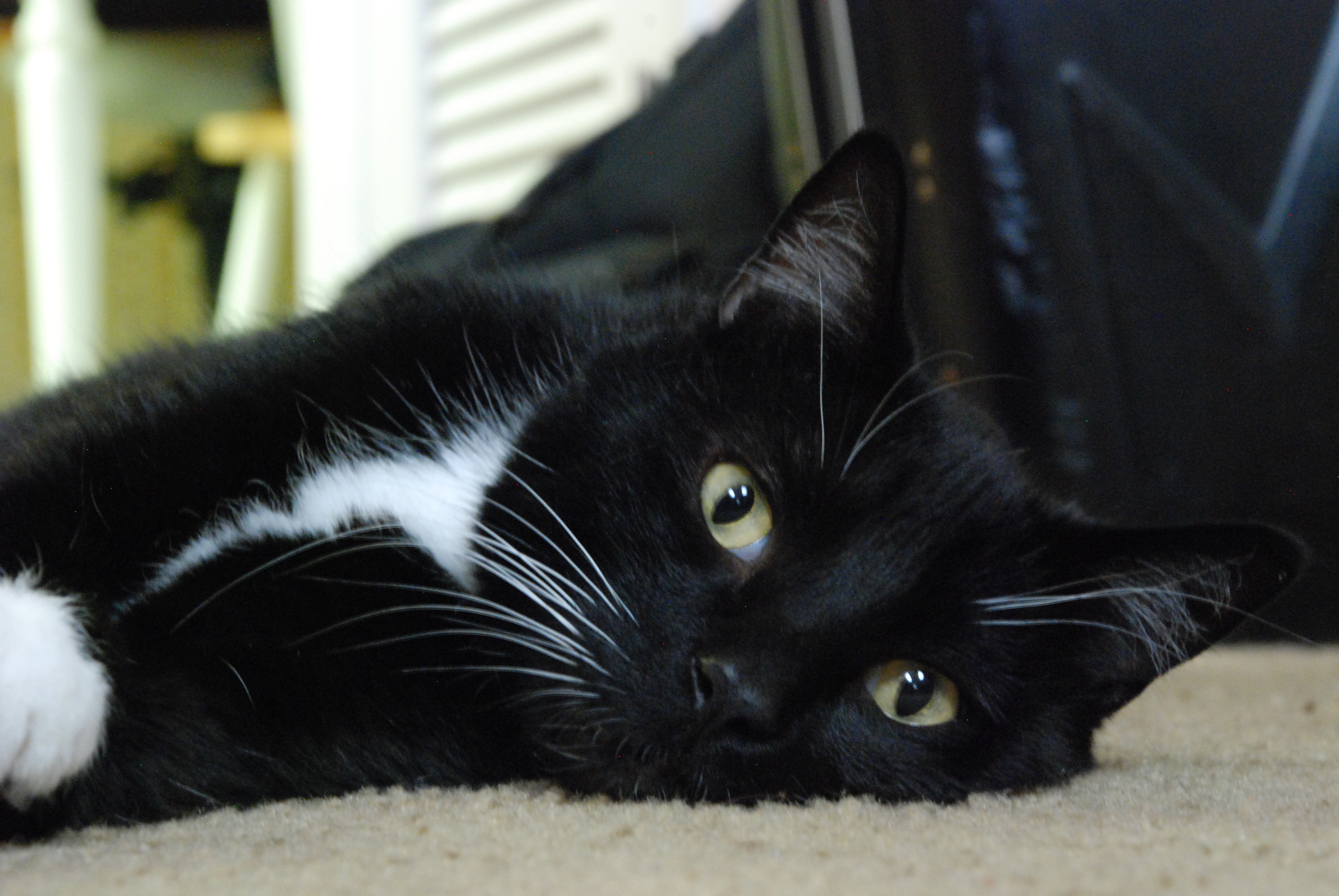Article by Tarun Kr Das
Finding and Hiring a Dog Walker
If you work more than 6 hours a day and own a dog, you need a dog walker!
Urban life can be hard for dogs. Many of us keep pets in cramped city apartments and work long hours, resulting in a dogs life which is a far cry from that of a rural or suburban dog who usually has an outside yard to roam during the day — or if they’re really lucky, acres of open land in which to frolic.
Yet there is no reason why a city dog cannot enjoy a fantastic quality of life. Living in the city has its disadvantages but also brings with it levels of stimulation — sights, sounds and smells — which suburban or rural dogs never get to experience. City dogs are also also blessed with far more social opportunities, whether they be with other dogs on the street or with a pack of their buddies at the local dog park or dog run.
But many owners work long hours and enjoy active social lives, meaning long periods in which their pets are alone. For a dog, this means hours of inactivity — especially in a small apartment or studio which has little space to play or run.
For this reason, most urban dog owners hire a dog walker. Having someone take your dog out for exercise and relief at least once a day makes all the difference. It breaks up those long solitary hours and gives your dog a chance to get out into the fresh air, stretch their legs and burn off some of the calories they have ingested for breakfast. For many dogs, their daytime dog walker is their daytime buddy.
But with the profession of dog walking becoming more and more popular, there are increasing numbers of dog walkers to choose from in cities. Dog walking and pet sitting services are springing up everywhere and in most cities dog owners are spoiled for choice. Yet all dog walking services are not the same — there are differences in quality and type of services provided. Here are some tips for choosing the right dog walker for you:
* Make sure you know exactly what you want before you start looking It’s important to be clear about the kind of service you want. A large, established dog walking service is likely to provide peace of mind and more security, but if they’re too big you may find their services a little too impersonal — some guarantee the same walker every day, but some don’t. If you want your walker and your dog to build a friendly, trusting relationship, it’s worth asking about this.
A good dog walking service will assign a regular dog walker to your dog and inform you of any changes in staffing well ahead of time. The downside is that they may be slightly less flexible with scheduling. On the other hand, a local independent dog walker who works alone is almost guaranteed to build a close relationship with your dog and you are likely to build a friendly relationship with them yourself, which brings familiarity and peace of mind. The disadvantage is that lone walkers rarely have anyone to provide a back up should they become sick or take a vacation.
Establish an ideal schedule, then be prepared to compromise Let’s face it, the vast majority of dog owners would prefer their dog to be walked around the middle of the day, which generally means between 11am and 3pm in the dog walking business. This means that midday time slots are in great demand and it’s unlikely that you’ll find someone who can promise your ideal schedule.
Be prepared to compromise with a leeway of around an hour either side of your ideal. Additionally, even when you settle on a time you should be aware that dog walking is a profession the nature of which means it is almost impossible to stick to a schedule 100% accurately every day. Walkers often have to travel between dogs and can be held up by a million and one different situations. Don’t be too disappointed if your dog walker arrives a little early or late every day — most of the time it cannot be helped. Be suspicious of any dog walking service that promises punctuality to the minute — most of the time they’re not being honest with you!
Dog walking in packs or individually? This is where opinion is split firmly down the middle! It’s a common sight in urban centers like New York City to see pack walkers with up to twelve dogs at a time — but is this really what you want for your dog? The advantage to this kind of service is primarily price — pack walk rates are sometimes half the price of individual or small group walks and sometimes last longer. On the negative side, your dog will not receive anywhere near the same level of attention it would in a smaller group or alone — and often much of the walk is spent sitting tied up in large groups on the sidewalk as the dog walker takes a dog upstairs to its apartment. There is no doubt that there is a strong social aspect to such walks which many dogs enjoy, but for the most part the majority of dog owners prefer their dogs to be walked in smaller packs or alone. Many people also worry about dogs fighting in large packs and while this is rare, it does sometimes happen. An individual, private walk brings with it the walkers undivided attention, but you should also consider that most dogs appreciate some kind of socialization — so consider choosing a service which walks pairs or small groups of no more than three.
Many dog walkers will tell you that dogs who have behavioral “issues” on the street with their owners benefit greatly from being walked with another dog, whose presence often acts to “center” the other dog and induce a good level of focus and attention. However, there is no avoiding the fact that some dogs just will not abide the company of other dogs no matter what! At the end of the day you know your own dog better than anyone and the decision is entirely yours to make.
Conduct interviews in person Choosing a dog walker is an important decision to make, not least because you’re entrusting the welfare of your precious pet to a stranger but also because the service entails allowing someone access to your apartment on a daily basis. For this reason, you should always look into a number of services and insist on meeting first the business owner, then should you decide to go ahead and use the service, the walker who will be assigned to your dog. A good service will allow you to meet the walker at no cost to yourself. Never feel pressured into agreeing to a schedule over the telephone — you’ll feel much better when you know who you’re dealing with personally. All good dog walking services appreciate that you’re looking around and shopping for a service and will be happy to submit their pitch to compete with others. Don’t be surprised or feel offended if the business owner will not give you full contact details of the walker however — they’re not trying to put one over on you. It’s standard practice in the business to insist that the client conduct all communication (schedule changes, updates etc) through the business owner themselves. This ensures that the owner is kept “in the loop” and is always aware of what’s going on. If you do have the walkers contact details however, it is always good practice to notify the owner of all communication between you to prevent misunderstandings or confusion later.
Have questions prepared in advance Before you conduct an interview, make sure you have everything you’re going to ask written down and prepared beforehand. Ask as many questions as you need to feel comfortable. Don’t be afraid to bombard the business owner or walker with requests for information regarding the nature of their service, their philosophy, their practices, their policy and their history. A good dog walking service will also ask you questions about exactly what you want, your likes and dislikes — and most of all, your dog. Make sure they ask you about your dogs nature and about health issues which may be relevant. If they take notes, that’s a good thing! A good dog walking service will keep information about your dog on file, including medical history, favorite treats, command words, things to watch out for, vets information etc. If they don’t seem interested in any of this information then it’s probably a good idea to choose another service.
Be sure to get everything out in the open regarding prices and fees. Make certain you’re both on the same page regarding rates and frequency of payment, about any hidden or supplementary fees (many dog walking services have a surcharge for early morning, evening and weekend walks), about their range of availability (do they cover evenings or weekends?) and about their policy regarding cancellations (most services request that you give 24 hours notice to avoid being charged). The last thing you want is to spoil a good relationship with a reliable dog walking service due to a misunderstanding later which should have been cleared up at the beginning.
About the Author
I am Tarun Kr Das, I am an Internet Researcher, Blogger and article writer. I have been writing articles and blogs for 5 years.





